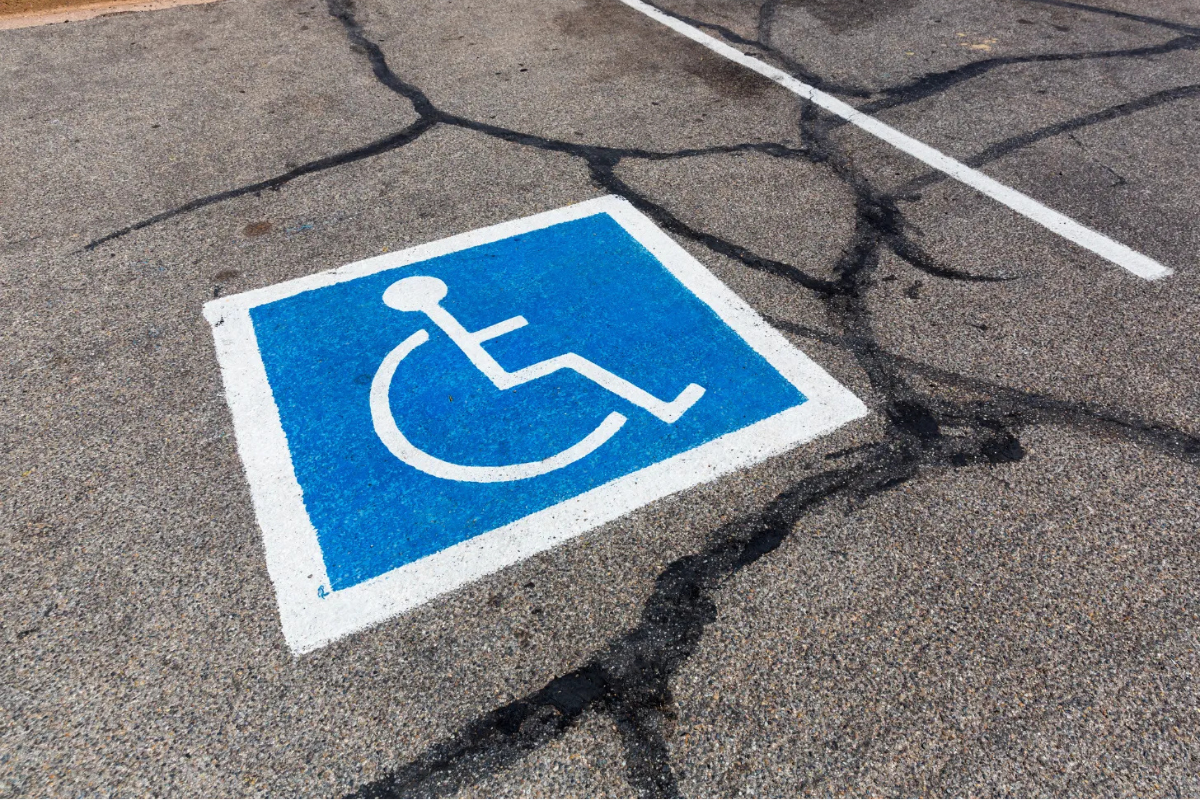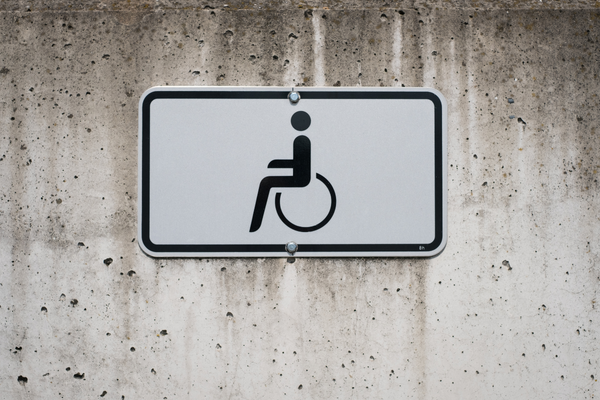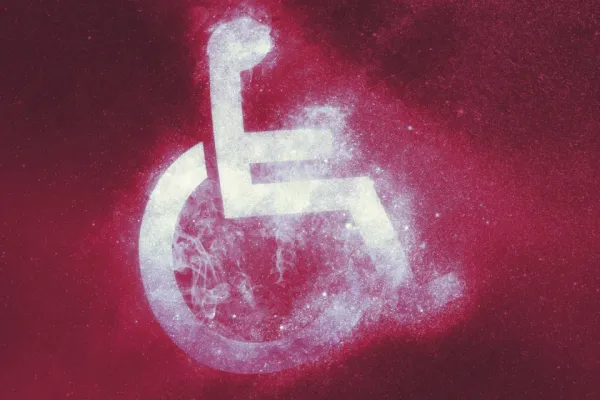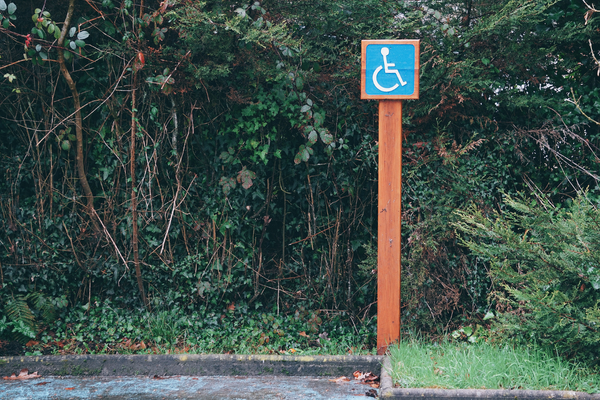4/17/25 - Section 504, trans rights, and AI pros and cons


The big news at the moment is RFK Jr.'s press conference yesterday, in which he had a lot to say about autism that has autistic and disability communities feeling very angry, insulted, and threatened. But, I'm going to hold off on sharing articles and thoughts on this until Monday – to give it all a chance to sink in, and for me to think about what I want to say about it. Tune in tomorrow though for a video about this that I think is worth watching.
For today, let's dig a little deeper into Section 504 and trans rights, and also into AI issues for people with disabilities.
Texas v. Becerra Threatens to Undo Protections for Disabled People in Order to Target Trans Kids
Stephanie Hall, Teen Vogue - April 7, 2025
"Attacks on trans rights are often a precursor to broader rollbacks of civil rights protections for disabled people, women, and other marginalized communities. In this context, solidarity is more important than ever. By standing together, these communities can resist efforts to dismantle their rights and ensure that everyone has the opportunity to live with dignity and equality."
Disability Advocates Alarmed by HHS Removal of Gender Dysphoria Protections
Zane McNeil, Truthout- April 15, 2025
"HHS’s new statement appears to be an attempt to moot the lawsuit, aiming to settle the controversy by clarifying that gender dysphoria is not covered under Section 504 protections in the view of the Trump administration. Whether the coalition of attorneys general will drop their lawsuit remains to be seen; if they drop their lawsuit, Section 504 will remain in place — for now ... However, disability justice activists have loudly denounced the exclusion of gender dysphoria from section 504 protections, emphasizing that trans rights are an integral part of disability justice. DISrupt West Virginia, a disability justice collective formed to resist threats to Section 504, has said that “Disability justice includes trans people. Period.”"
These are two new and clarifying articles on the legal threat to disability rights protections of Section 504 of the Rehabilitation Act, and how that threat is related to trans rights and anti-trans campaigns. I don't know whether there was an intentional divide and conquer strategy here to get disability activists to disavow or abandon trans people in order to defend disability rights. But the Texas vs. Becerra case certainly has tempted disabled people and disability activists to "throw trans rights under the bus."
It's hard to measure how disabled people's opinions on trans issues lay out It's entirely possible that significant numbers of disabled people who want to see Section 504 survive are not especially supportive of trans rights. Some may be actively against them. On the other hand, plenty of disabled people are supportive of trans rights. And many trans people have other disabilities too. Plus, I suspect that there are quite a few disabled people who don't fully embrace trans rights in every aspect, but who instinctively "get" what it feels like to have outside authorities police the sometimes odd and tricky relationships we have between our bodies and minds. We know what it's like to be different, and in ways that others not only misunderstand, but sometimes despise and seek to repress, confine, and stigmatize. Solidarity between trans and disabled communities shouldn't be hard to achieve.
AI is transforming the way we live, work, and access information - but is it helping disabled people, or excluding them?
Euan's Guide - April 14, 2025
Source: Raul Krauthausen's Substack
"AI systems learn from the information they are fed. If disabled voices are missing from mainstream narratives, AI risks reinforcing these gaps. Without diverse and inclusive datasets, AI cannot accurately reflect or serve disabled people’s needs. Open learning models have the potential to bridge this gap, but only if disabled perspectives are actively included in AI training and development."
I don't know how valid this U.K. survey was, or how much its findings reflect how disabled people there or in the U.S. But the disability-specific advantages and risks highlighted in this article ring true to me. I know disabled people who are experiencing a kind of renaissance of productivity thanks to Artificial Intelligence. But there are certain decision-making functions that directly affect disabled people's well-being that I wouldn't trust to AI, while I'm almost positive others would. In short, I'm not ready, (yet?), for machine intelligence to make decisions about my health care or disability supports. Which aspects of AI do you feel optimistic about, and which worry you?
If you have something to add on these questions, please share in the comments below!

Action Alerts
Opportunities to take action on disability issues ...



Disability Thinking Weekday is a Monday-Friday newsletter with links and commentary on disability-related articles and other content. Please like, share, comment, and subscribe — for free, or with a paid subscription. A free subscription brings a newsletter to your email each weekday, and gives you access to Comments. Benefits of paid subscription include:
- A monthly recap with links to all of the previous month's shared articles, organized by topic.
- Listing as a supporter, and a link to your website if you have one.
- You can recommend one disability-related article for me to share per month in a weekday post.
To to subscribe, or check and change the status of your subscription, click this button:
I am so grateful for your help and engagement, in whichever forms you choose!






